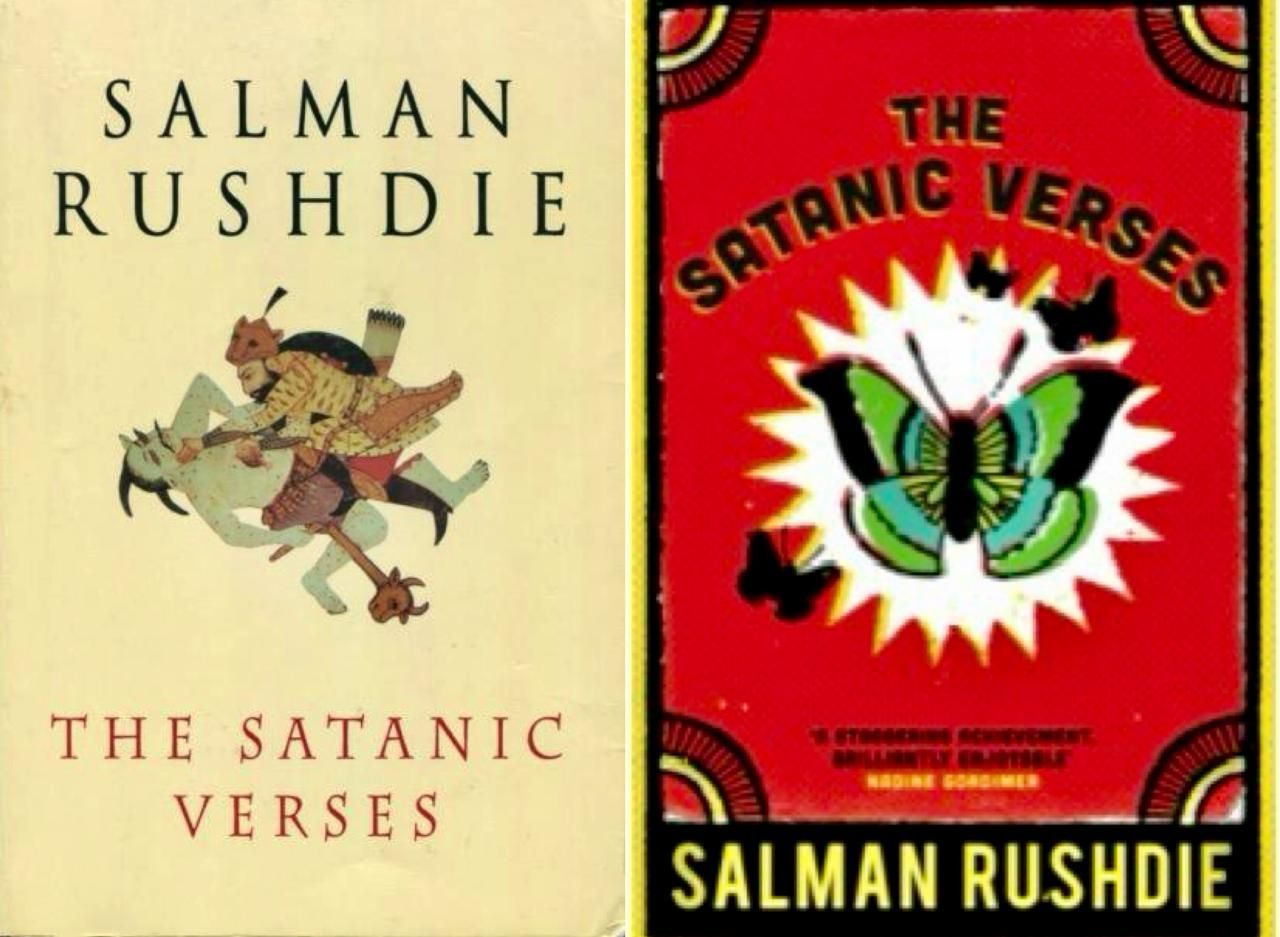
A Delhi court has quashed India's 1988 ban on Salman Rushdie's controversial novel The Satanic Verses after authorities failed to locate the original order, paving the way for readers to legally import the book for the first time in decades.
A historic ruling by the Delhi High Court has officially lifted India’s longstanding ban on The Satanic Verses, the novel by British-American author Salman Rushdie. The decision, rooted in a legal technicality, effectively nullifies the import restriction imposed in 1988 due to the lack of any tangible record of the original ban order.
The ban on The Satanic Verses, viewed by many as a politically motivated decision, originated under Indian Prime Minister Rajiv Gandhi, who sought to appease Muslim voters in the run-up to elections. Soon after its release by Viking Penguin in September 1988, Rushdie’s book faced immediate backlash for its content, deemed sacrilegious by many Muslim communities for perceived references to early versions of the Koran that were purportedly removed. Set against dual backdrops of London under then-Conservative Prime Minister Margaret Thatcher and ancient Mecca, the novel’s narrative themes ignited fierce debates about free speech, blasphemy, and the boundaries of artistic expression.
The recent court case began in 2019 when Sandipan Khan, a reader interested in acquiring the book, petitioned the Delhi High Court, challenging the legality of the 1988 order. Khan argued that his inability to legally purchase the novel due to the import ban violated his rights as a reader. However, when the court requested documentation proving the ban’s legal standing, none of the government bodies involved could produce any notification or official order to confirm it. In its statement, the court declared, “We have no other option except to presume that no such notification exists,” allowing Khan to legally import the book from abroad.
Rushdie’s novel has faced censorship beyond India; more than 20 countries imposed similar bans on The Satanic Verses, each responding to protests and political concerns. Among these, Iran’s reaction was the most severe. The late Iranian Supreme Leader Ayatollah Ruhollah Khomeini issued a fatwa against Rushdie in early 1989, urging “Muslims of the world rapidly to execute the author and the publishers of the book.” Khomeini’s decree, accompanied by a $2.8-million bounty, forced Rushdie into hiding. Under British police protection and the assumed name “Joseph Anton,” he endured years of isolation, emerging gradually from underground life in 1991. Despite attempts at secrecy, Rushdie and his supporters faced ongoing threats and attacks, including the tragic death of his Japanese translator in 1991, as well as assaults on his Italian translator and Norwegian publisher.
While Rushdie has since become a prominent advocate for free speech, his return to public life has remained fraught with security risks. In India, where he was born, the book’s prohibition has persisted until now. Although the country is a Hindu-majority nation, India’s significant Muslim population — over 200 million — has contributed to delicate sociopolitical dynamics in which religious sensitivities often play a central role.
The court’s decision represents not only a legal milestone but also a symbolic one, especially in a country grappling with complex questions about censorship, religious freedom, and the role of the state in regulating artistic expression. Readers like Khan can now import The Satanic Verses for personal use, marking a significant step toward broadening access to literary works previously subject to governmental controls.
With AFP
Comments